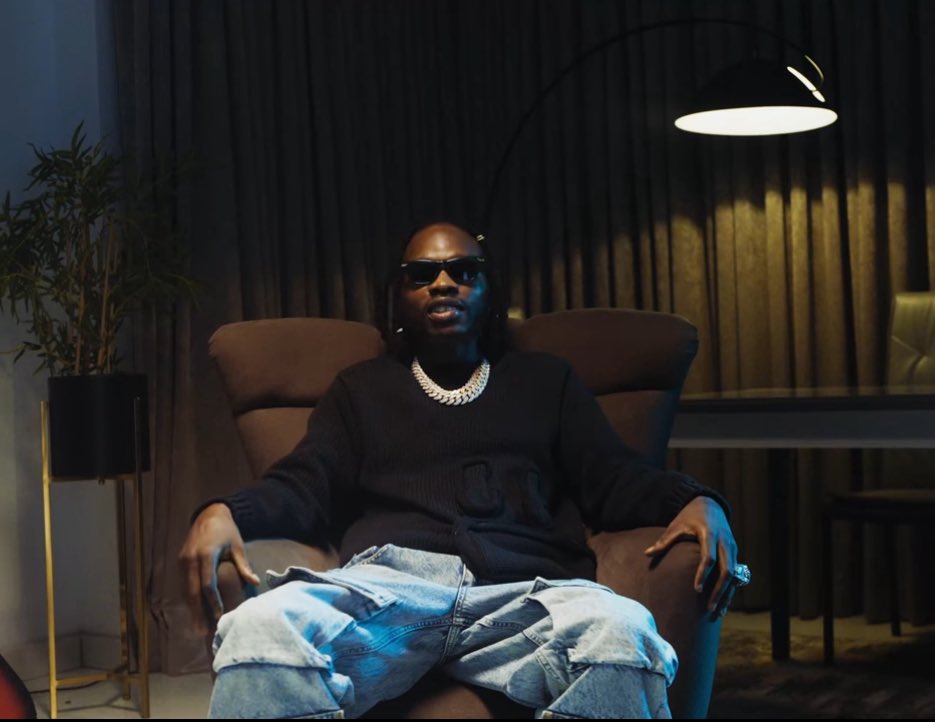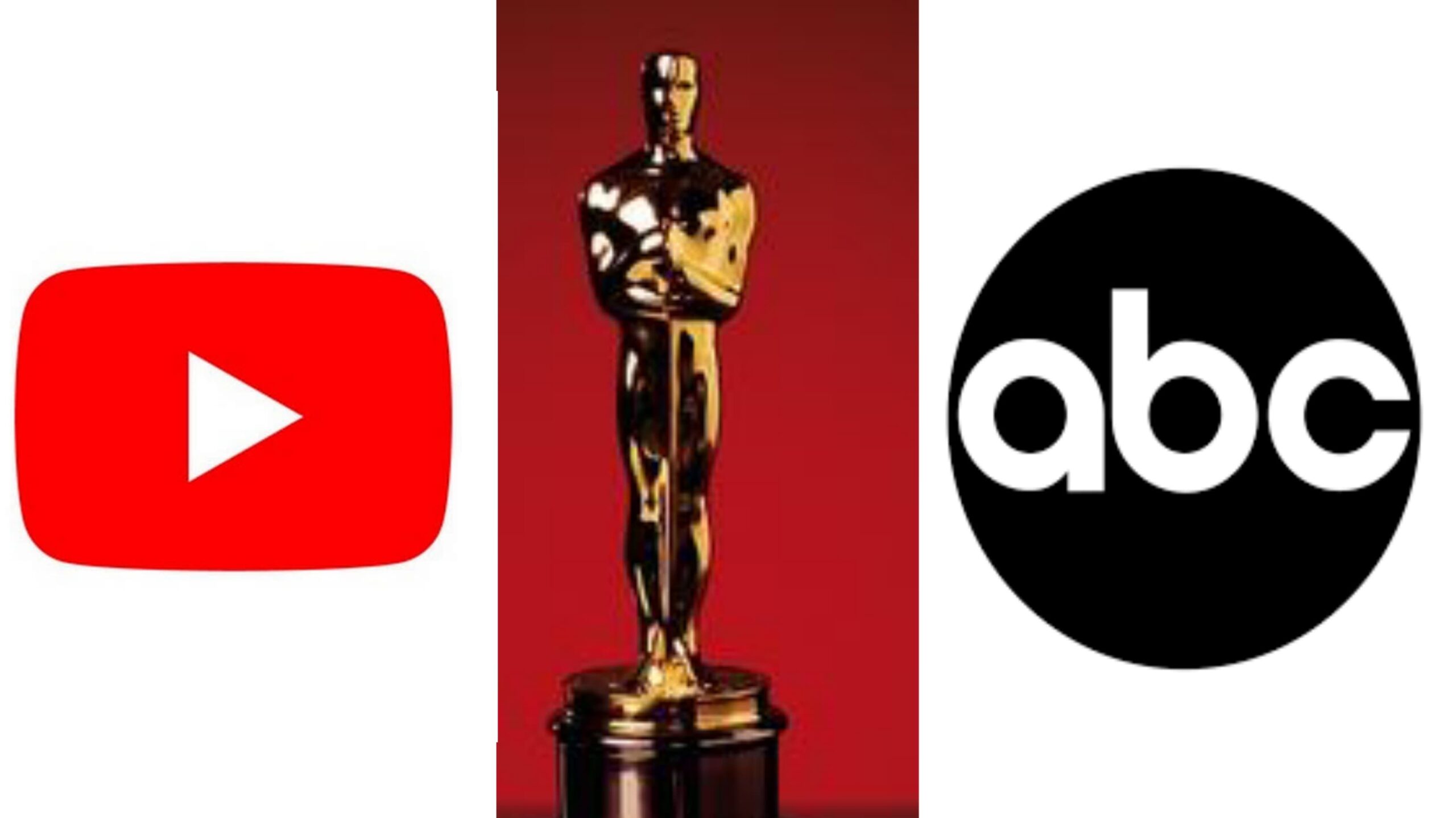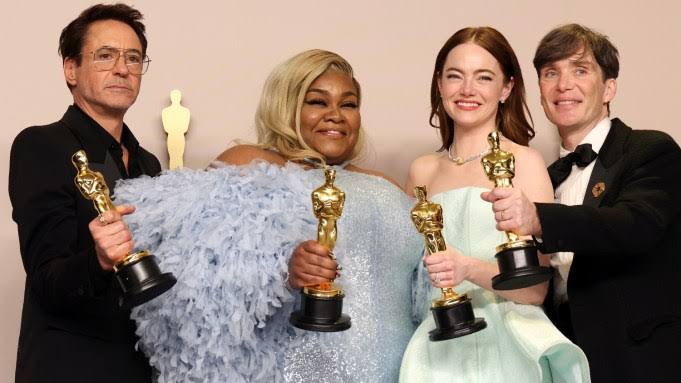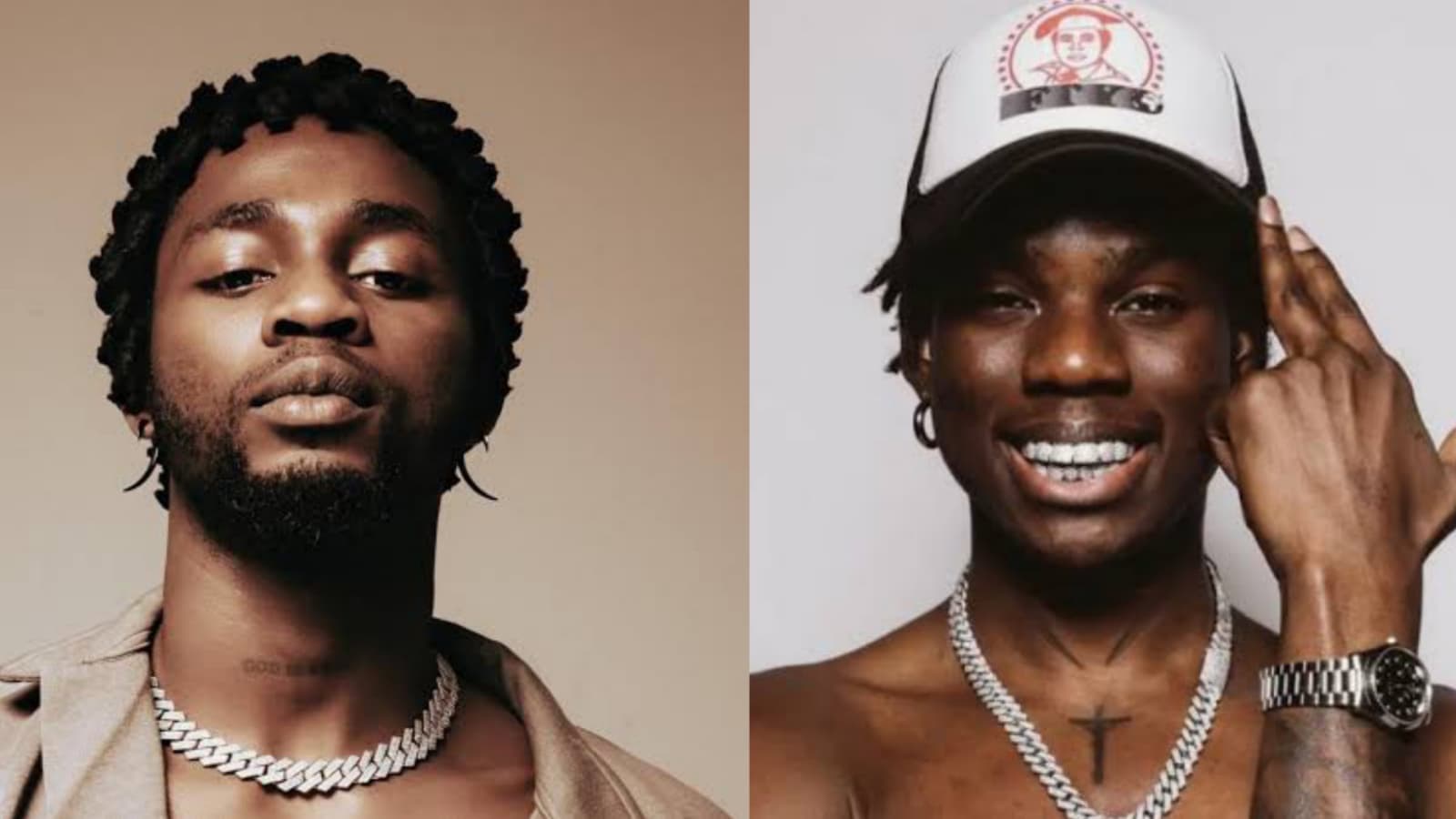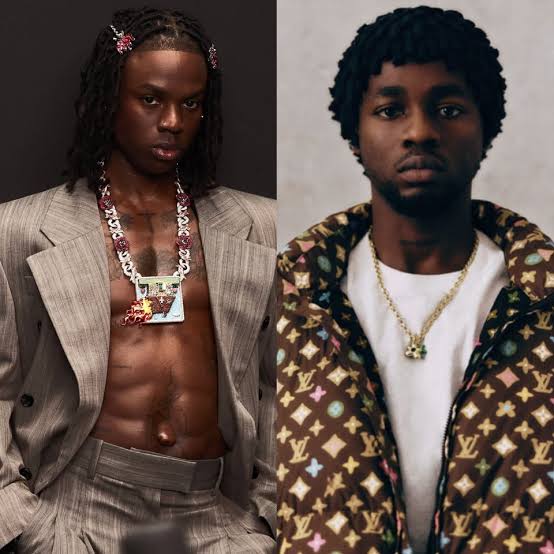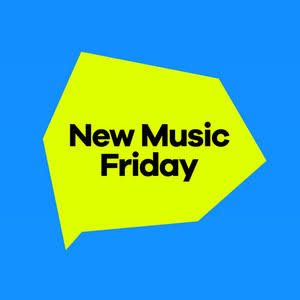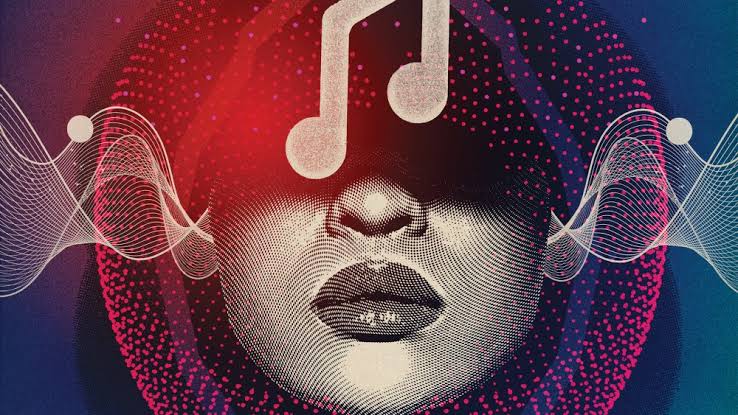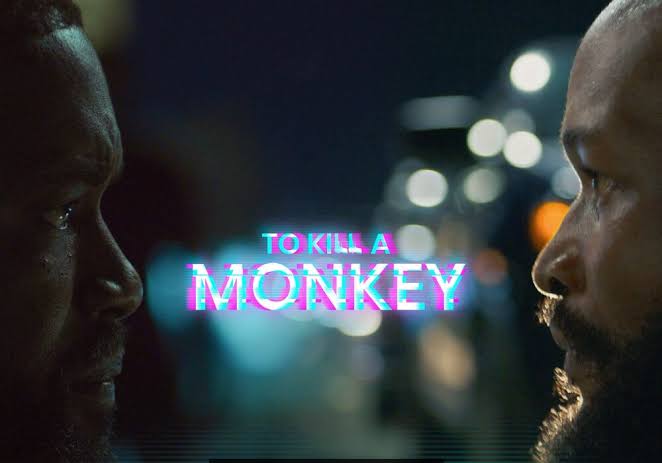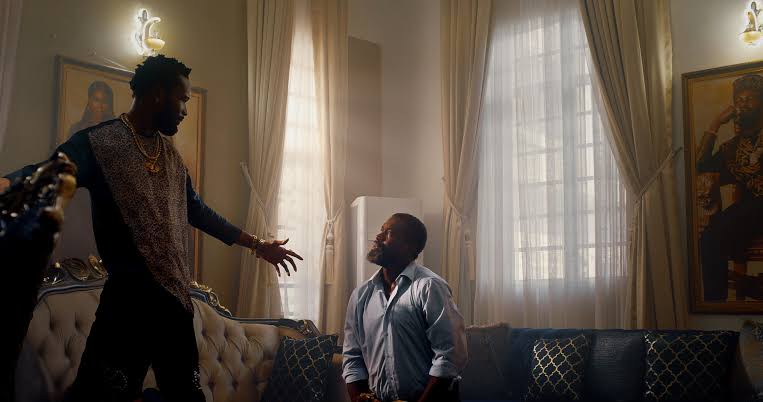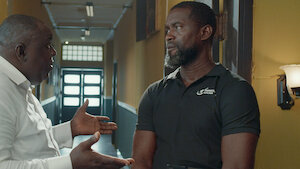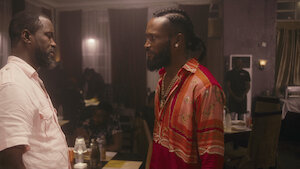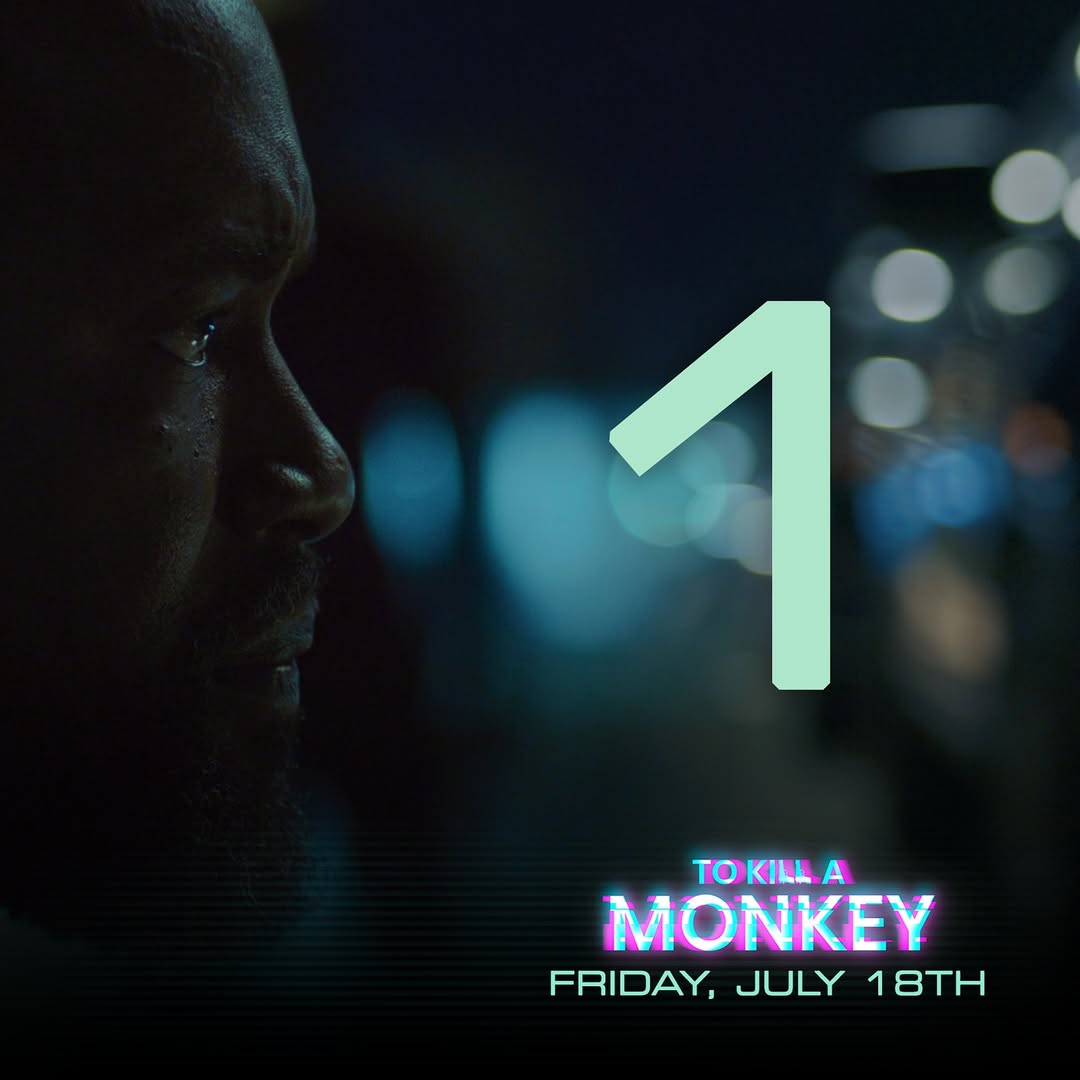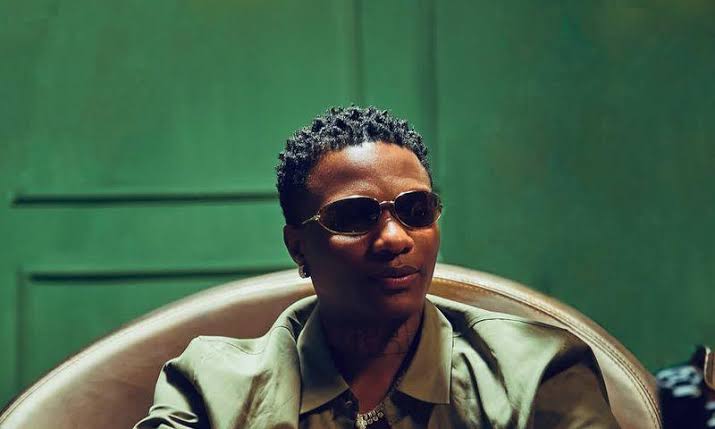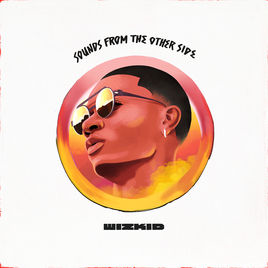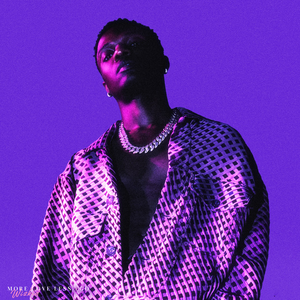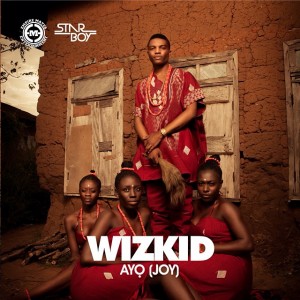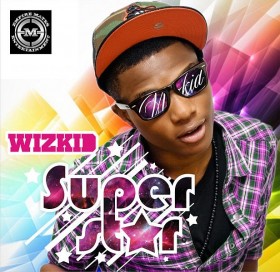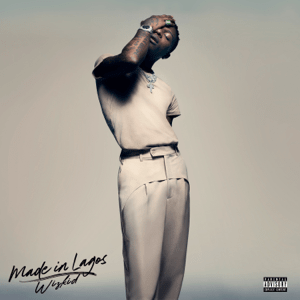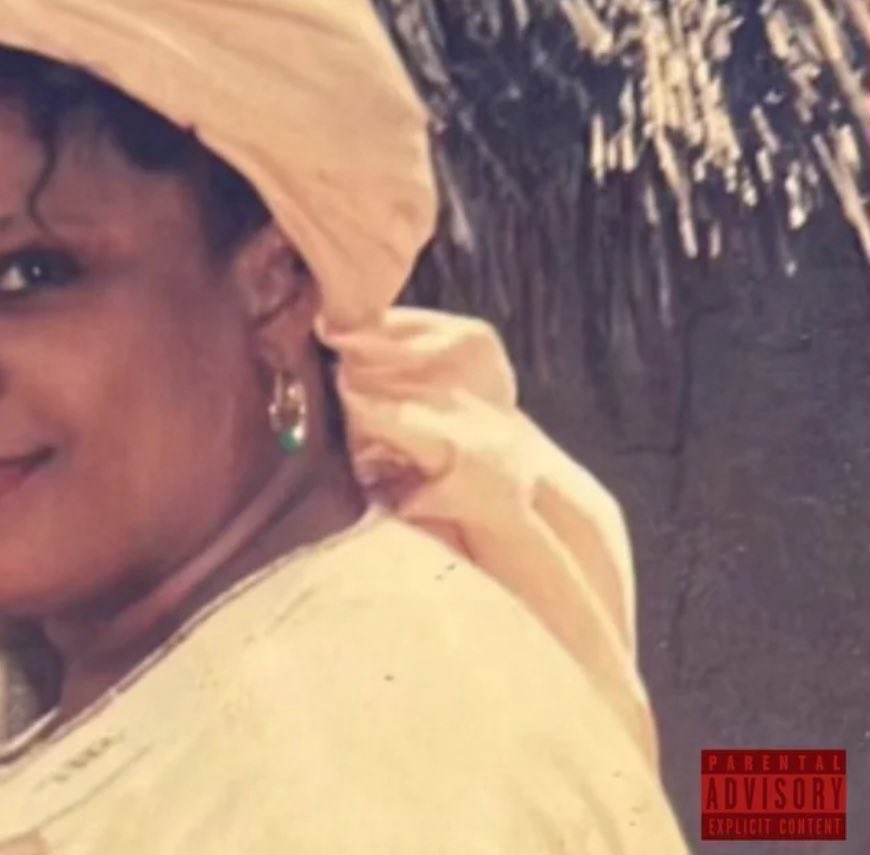Naira Marley, Nigerian music executive and head of Marlian Music, has spoken extensively about the death of his former signee, Mohbad (Ilerioluwa Oladimeji Aloba), in a new video interview released on August 20, 2025. The Afrobeats star maintained his innocence while calling for a reinvestigation into the circumstances surrounding Mohbad’s passing, which remains one of the most controversial cases in Nigeria’s music industry.
Maintaining Innocence and Presenting Evidence
In the interview, Naira Marley insisted he had no hand in Mohbad’s death, which occurred on September 12, 2023. He presented evidence, including WhatsApp conversations, bank transactions, and other receipts, to show that he had a supportive relationship with Mohbad. Marley stated that he not only gave financial assistance to the late artist but also intervened to protect him on several occasions.
He addressed longstanding accusations of bullying, which have lingered since Mohbad’s exit from Marlian Music in 2022. While acknowledging tensions within the camp, Marley denied personally bullying Mohbad, adding that he often advised him against drug use and stressed the impact of mental health struggles on the young artist’s wellbeing.
Frustration Over Detention
The Marlian Music boss also recounted his two-month detention in 2023 by the Lagos State Police Command. He described the ordeal as unfair, pointing out that he was out of the country at the time of Mohbad’s death. According to Marley, his arrest was more about public outrage than solid evidence, and he expressed dismay that his passport was seized for months even after no case was established against him.
A Call for Re-arrest and Fresh Probe
In a move that has stirred further debate, Marley urged authorities to reopen the case and re-arrest everyone linked to Mohbad’s death, including himself, Sam Larry, and others previously accused. He specifically called for a trusted police officer to oversee the reinvestigation, citing mistrust in how the initial process was handled.
“I came back to Nigeria to support the police because I can see fingers pointing our ways. If they believe there is still doubt, then re-arrest us and let justice be done,” Marley said in the video.
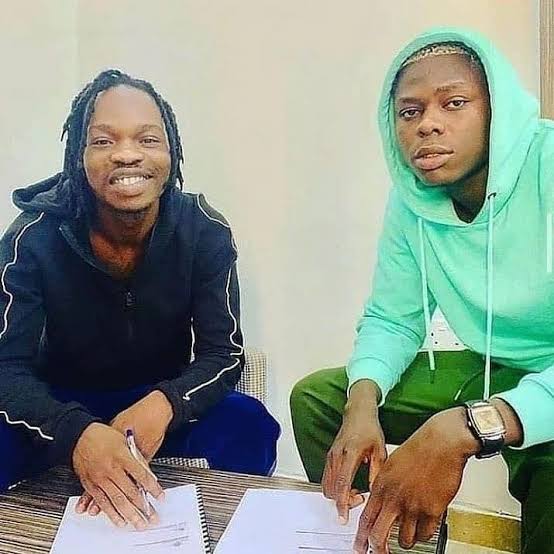
Clarifying Financial Allegations
Marley also addressed rumors of financial exploitation. He explained that some of the funds he sent to Mohbad went into an account belonging to Mohbad’s mother-in-law at Mohbad’s own request, countering narratives that he diverted money for personal gain.
Additionally, he revealed that he has reached an agreement with Mohbad’s lawyer to transfer all royalties from the late artist’s works to a family member legally appointed by the court to manage his estate.
Public Reaction
The interview has sparked divided opinions online, particularly on X (formerly Twitter). Some users see Marley’s evidence as proof of his innocence and a demonstration of transparency. Others remain unconvinced, arguing that even if Marley was not directly responsible for Mohbad’s death, allegations of intimidation and a toxic label culture remain unresolved.
Legal and Investigative Background
In February 2025, a Yaba Magistrate Court cleared Naira Marley, Sam Larry, and Prime Boy of direct responsibility in Mohbad’s death. The court instead charged an auxiliary nurse and an associate with reckless negligence. However, Mohbad’s father has since challenged the legal advice that discharged Marley and others, and a fresh hearing is still pending.
The autopsy conducted on Mohbad’s body provided inconclusive results due to decomposition, leaving the exact cause of death uncertain.
Two years after Mohbad’s death, the case continues to raise broader questions about accountability in the Nigerian music industry, particularly regarding artist welfare and record label dynamics. Marley’s latest remarks represent not just a personal defense but a renewed push for transparency in a case that has gripped public attention and continues to stir debate.
